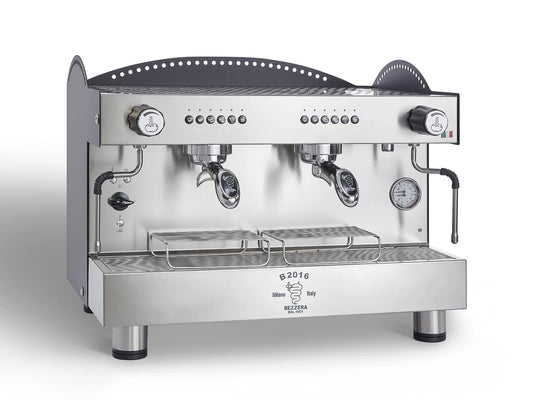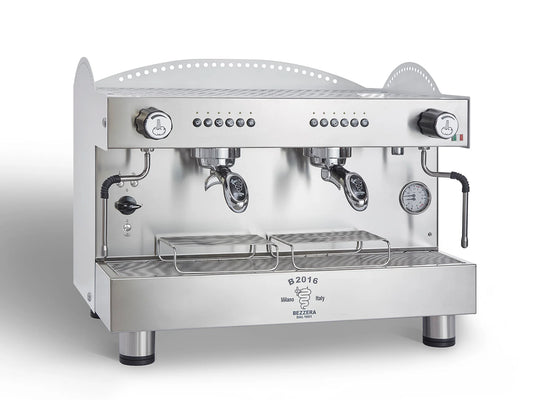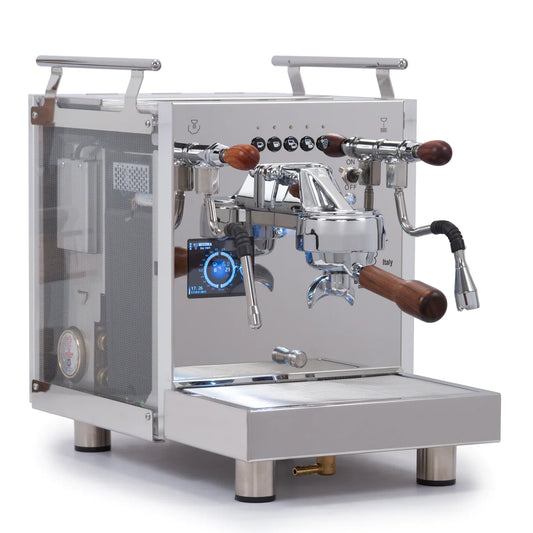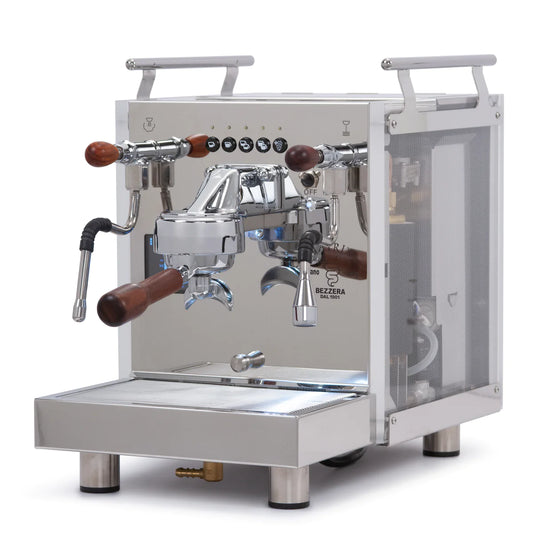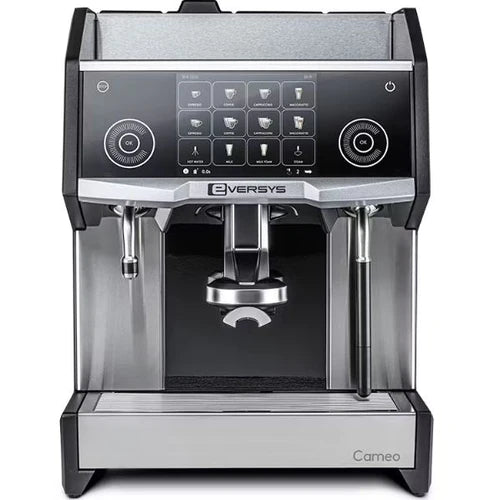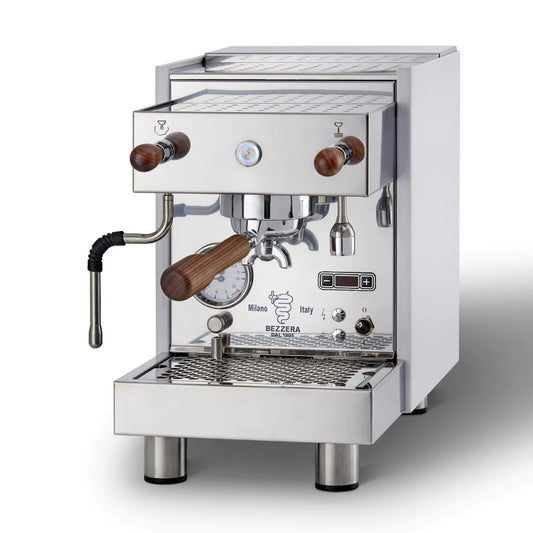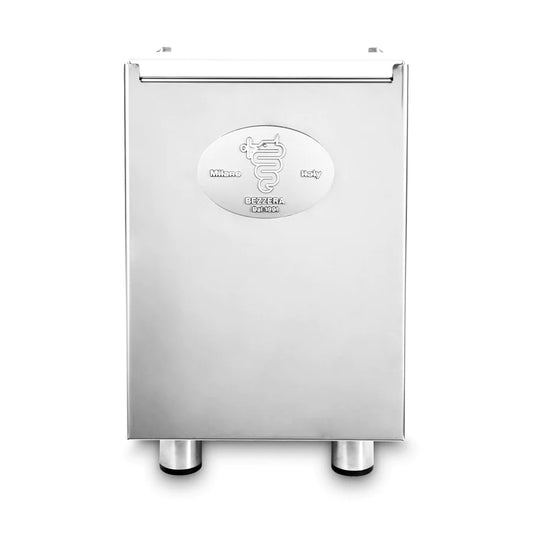Unpacking Dutch Coffee Culture: More Than Just a Beverage
Table of Contents
- Key Highlights:
- Introduction:
- The Quiet Ritual of Coffee Time
- Hospitality in a Cup
- Trendy Cafés Versus Traditional Habits
- When Coffee Speaks Your Language
- Coffee and Learning Go Hand in Hand
- For Expats, Coffee is a Cultural Key
- Conclusion: Celebrating Coffee as a Cultural Signifier
Key Highlights:
- The act of having coffee in the Netherlands is a daily ritual that symbolizes connection, simplicity, and hospitality.
- Traditional coffee breaks around 10 AM and 3 PM foster social interaction in both workplaces and homes.
- Despite the rise of trendy cafes and specialty coffee drinks, the essence of coffee in Dutch culture remains rooted in modesty and companionship.
Introduction:
In the Netherlands, coffee transcends mere consumption; it reflects a culture deeply tied to tradition, social connection, and a shared sense of community. While the global coffee scene continues to evolve, with trendy cafés and artisanal brews, the Dutch maintain a steadfast appreciation for simple moments over a cup. This article delves into the nuances of Dutch coffee culture, illustrating how a humble “bakkie” serves as a point of connection among friends, strangers, and colleagues alike.
The Quiet Ritual of Coffee Time
In Dutch households and at workplaces across the country, coffee is not just a drink; it embodies a daily rhythm that punctuates the routine. Traditionally observed twice—at around 10 AM and 3 PM—these coffee breaks provide an essential pause in the day. During this time, employees move toward the office coffee machine, often the unofficial hub of socialization in the workplace.
At home, the ritual can be as simple as enjoying a steaming cup at the kitchen table, usually accompanied by a single biscuit. This practice emphasizes the Dutch values of simplicity and modesty. Unlike the elaborate coffee presentations common in many cultures, the focus here remains on the experience, not the extravagance. For the Dutch, it’s about enjoying a strong filter coffee—often served black or with a splash of milk and sugar—while embracing small moments of daily life.
Hospitality in a Cup
One of the most vital aspects of Dutch coffee culture is hospitality. When visiting someone’s home—whether a neighbour or a colleague—it is customary to offer coffee. This gesture is automatic, reflecting the ingrained cultural value of making guests feel welcomed and cared for without excessive formality or emotional display.
The concept of the “bakkie,” a colloquial term for a cup of coffee, encapsulates this hospitality. It symbolizes togetherness and the desire to share a moment, whether it’s an invitation to converse or simply sit in comfortable silence. This cherished ritual fosters connections, often easing the way for deeper discussions while nurturing relationships among the Dutch.
Trendy Cafés Versus Traditional Habits
The emergence of trendy cafés illustrates the evolution of coffee culture in the Netherlands, especially among younger generations. Enthusiastic coffee enthusiasts flock to these establishments for oat lattes, caramel cappuccinos, and sustainably sourced blends. Additionally, tea's popularity has surged, leading to an expansion in flavor offerings and brewing methods.
However, the spirit of the coffee break remains unchanged at its core: it continues to represent a fundamental connection to comfort and togetherness. Even as coffee trends rise and fall, the Dutch maintain a deep-rooted appreciation for the simplicity of a shared cup, reflecting a passion that is far more profound than mere coffee consumption.
When Coffee Speaks Your Language
Language is a powerful tool for expressing cultural nuances, and in the Netherlands, coffee-related expressions illustrate its significance in daily life. Phrases like “Zullen we een bakkie doen?” meaning “Shall we grab a coffee?” and “Een bakkie troost,” translating to “A comforting cup,” exemplify how intertwined coffee is with social interactions.
These expressions not only enhance communication but also foster connections through shared understanding. For instance, “Dat is geen zuivere koffie” symbolizes skepticism, literally translating to "That's not pure coffee," suggesting something isn't quite right. Similarly, “Koffiedik kijken,” which means to guess or speculate, showcases how coffee influences conversations even in idiomatic expressions.
Practical phrases, such as “Hoe drink jij je koffie?” (How do you take your coffee?) or “Wie wil er koffie?” (Who wants coffee?), are commonly used in casual exchanges that strengthen workplace camaraderie and community ties.
Coffee and Learning Go Hand in Hand
Interestingly, coffee plays a significant role in learning environments as well. Many language learners recognize coffee as an essential component of their study routine. Not only does it create a comfortable atmosphere conducive to learning, but it also acts as a social lubricant, fostering connections between students and teachers. For expats and newcomers, sharing a cup can ease anxiety and build relationships in new surroundings.
When studying Dutch, for instance, the simple act of inviting a peer for coffee can open doors to deeper cultural understanding. Such settings allow for informal language practice and create a relaxed environment conducive to learning and cultural exchange.
For Expats, Coffee is a Cultural Key
For those navigating life as expats in the Netherlands, coffee often serves as an entry point into the local culture. The invitation to enjoy a “bakkie” transcends language barriers, providing a warm reception into Dutch life. Accepting that simple mug—perhaps with a solitary biscuit—symbolizes much more than hospitality; it fosters human connection, signaling to the community that one is eager to belong.
These coffee encounters can lead to shared experiences that impart insights into local customs, traditions, and humor, gradually unfolding the rich tapestry of Dutch culture. Engaging with locals over coffee also allows newcomers to learn various nuances and phrases that contribute to clearer communication and deeper connections.
Conclusion: Celebrating Coffee as a Cultural Signifier
Coffee in the Netherlands represents more than just a cherished beverage; it embodies the values of connection, hospitality, and cultural appreciation. The ritual of taking time to share a cup fosters relationships that enrich community interactions and embody the spirit of Dutch life.
While trendy cafés and new brewing methods will continue to emerge, the fundamental significance of coffee as a unifying experience remains resilient. Invite someone for a “bakkie,” and you’ll find it’s the key to unlocking a world of warmth, culture, and human connection.
FAQ
Why is coffee so important in Dutch culture? Coffee serves as a medium for connection and hospitality in the Netherlands. It embodies daily rituals and is integral to social interactions, both at home and in workplaces.
What are common Dutch phrases related to coffee? Some common phrases include “Zullen we een bakkie doen?” (Shall we grab a coffee?), “Een bakkie troost” (A comforting cup), and “Wie wil er koffie?” (Who wants coffee?), among others.
How do the Dutch typically prepare coffee at home? Most Dutch households traditionally serve strong filter coffee, often enjoyed black or with a splash of milk and sugar. The emphasis is on simplicity and comfort, rather than elaborate presentations.
How does coffee impact expats living in the Netherlands? For expats, coffee offers an accessible way to integrate into Dutch society. It serves as a social icebreaker and can lead to connections that enhance their understanding of local culture and customs.
Are trendy cafés changing traditional coffee habits in the Netherlands? While trendy cafés are gaining popularity, especially among younger generations, the traditional coffee break and the cultural significance of coffee remain strong, rooted in the Dutch values of simplicity and connection.

